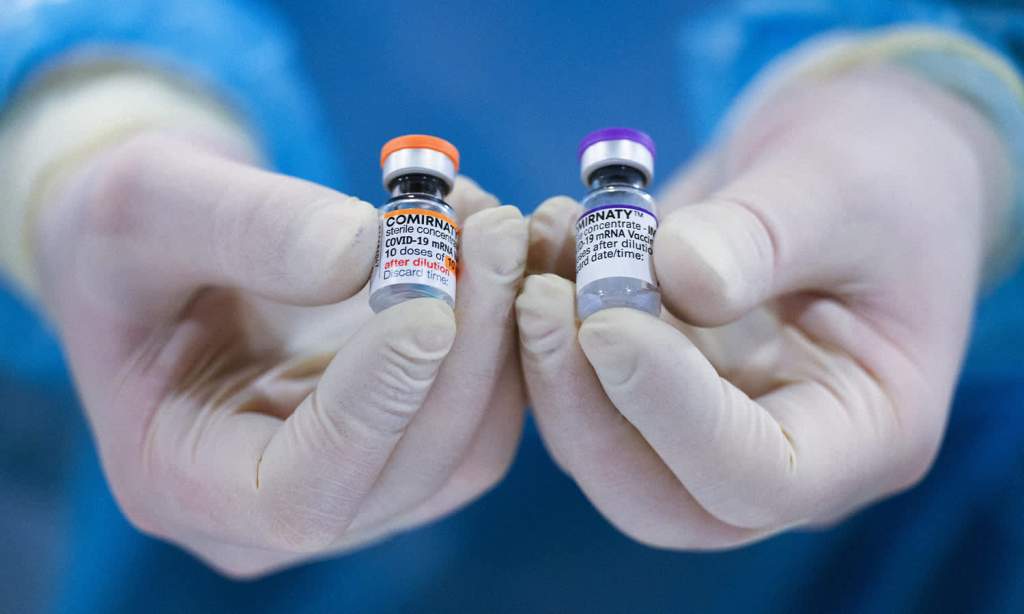The pharmaceutical giant Pfizer, who you may remember from such medical hits as the Pfizer COVID vaccine and Viagra, has announced that it will start making Omicron-specific vaccines in weeks.
In a bid to update its offerings to counter new strains, which have been demonstrated to be able to avoid some of the protection offered by the vaccines, Pfizer is tweaking its formula to target Omicron specifically.
It’s also currently testing different combinations of hybrid vaccines to see if they might prove effective, as well as larger doses.
The plans were announced last year but the company has now confirmed how much it will be making. The vaccines are to be made “at-risk” to the company, meaning that if they aren’t used or aren’t needed, the company will take a loss on the production.
Pfizer has managed to get the production of a new vaccine down to a lightning-fast two months from the genetic sequencing of a new strain to the physical vaccine that can prevent it. That’s crazy fast in terms of vaccine creation, which can take years or even decades to get right.
Speaking to The Washington Post, CEO Albert Bourla explained that COVID has proven a much tougher virus than we may have first imagined, as immunity both from infection and from vaccines appears to disappear more quickly than we’d hoped. Because of this, he suspects that we may need annual boosters for at least the next decade.
Moderna is also working on similar vaccines at the minute and is hoping to have an Omicron-targeting jab ready by September/October time, in line for winter in the Northern Hemisphere. It will be slightly different though, as Moderna is looking to produce a hybrid flu and coronavirus shot that will be able to target all strains as well as other respiratory illnesses in one go. It also anticipates that this will be an annual shot.
Pfizer has already manufactured three billion doses of its vaccine in 2021 and plan to create an additional four billion this year. However, global health authorities have warned that the vast majority of these have only been delivered to wealthy nations, and that, without equitable access, as these countries receive their third and even fourth doses while the rest wait on their first, further strains are likely to emerge.
Switching manufacturing over to variant-specific doses is also likely to slow global production of the vaccine down. Limited testing will likely also be conducted on these new vaccines if they need to be updated each year although this isn’t too different to how the flu shot is updated annually to deal with the latest strain.
If vaccine production slows to enable manufacturers to produce strain-specific doses, it’s likely that global inequality could increase. This could be a problem as this is exactly what is producing the new variants which then require the new vaccines.
Still, Pfizer notes that its new Omicron-specific vaccine could be available in the US by March/April time, although, given how quickly our government has been to acquire vaccines in the first place, it could be some time before we get them here.
Read more stories from The Latch and subscribe to our email newsletter.







